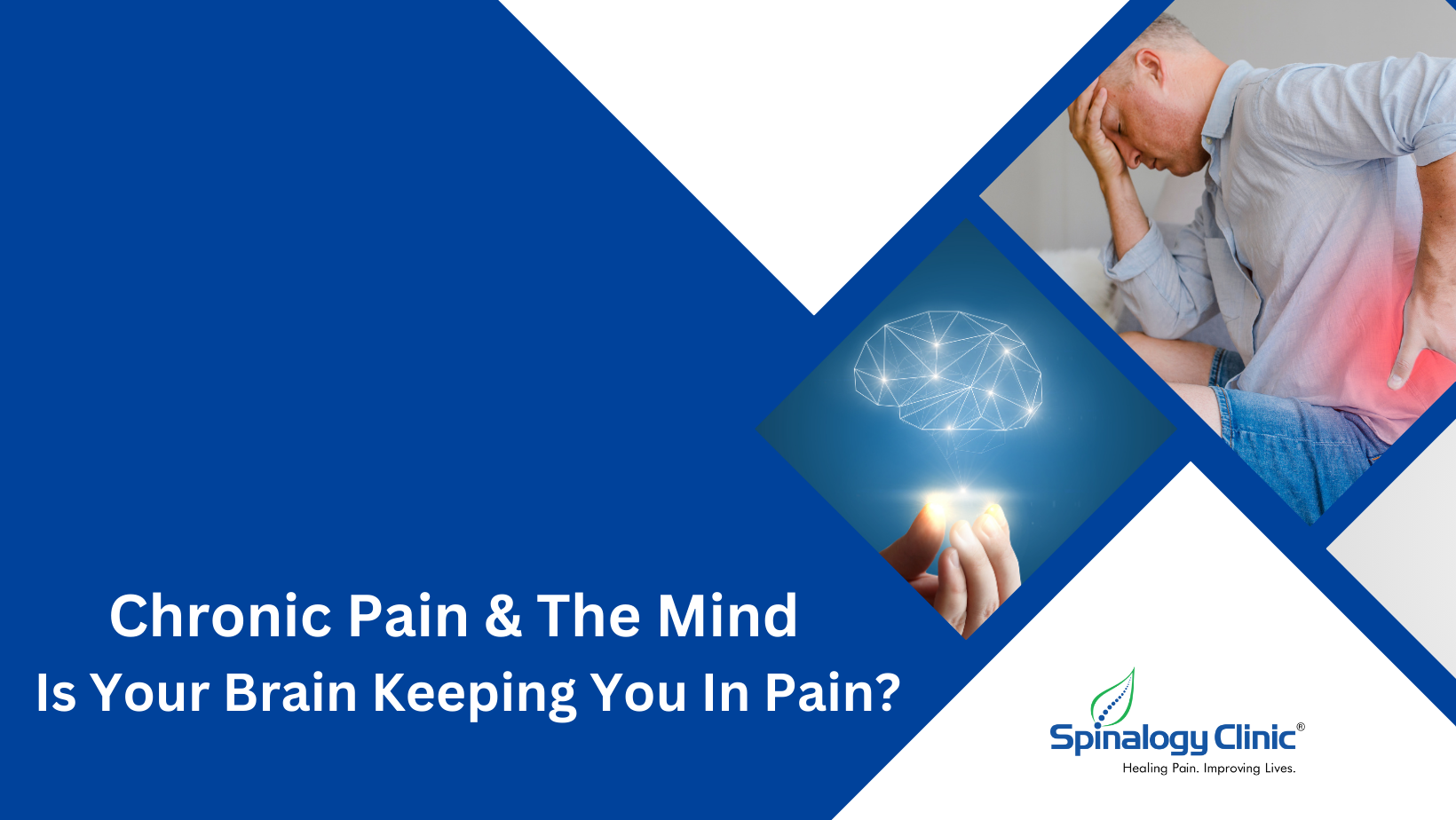How does Chronic Pain affect Sleep?
Chronic pain and sleep problems are often linked. Those with chronic pain often wake up at night due to sleep disturbances. Sleeping for a good amount of hours can still leave you feeling very tired in the morning since the quality of the sleep is often poor.
Sleeping poorly can increase your pain sensitivity. There is a close relationship between pain and sleep, and they have an impact on each other. When you experience pain during the day, it affects how well you sleep that night, and when you sleep poorly, it increases the level of pain the next day. It appears that sleep has a greater impact on pain levels than the reverse. A good night's sleep depends on the preparation you do before going to bed.
What is Pain?
A pain sensation occurs when nerve receptors send signals to our brain informing it that something is wrong. Chronic and acute pain are two types of pain.
Short-term pain, such as that caused by a broken bone, is classified as acute pain. Pain that lasts for a long period of time, such as back pain, recurrent headaches, fibromyalgia, arthritis, or cancer pain, is referred to as chronic pain.
There are a variety of factors that influence how our brain interprets pain, including our mood, physical health, and the source of the pain. Sleep can be disrupted by pain when it arises at night. Sleep deprivation is common among people with chronic pain.
Some Important Sleep Facts:
In order to improve sleep, we need to understand some basic concepts.
- We must calm our nervous system before falling asleep. People with chronic pain have a much more active nervous system. You may not be able to achieve a deep and restful sleep if this is occurring.
- You should know what a good night's sleep looks like. The typical idea of a good night's sleep is that you fall into deep sleep, stay there for most of the night, and then gradually come out of it before you wake up. A healthy sleep pattern is quite different, healthy sleep occurs in waves.
Our sleep cycle consists of several stages -
- As we begin to sleep, we begin with stages 1 and 2.
- We then move on to stage 3 and 4, which is sometimes referred to as slow wave sleep.
- Sleep gradually progresses from deep sleep to light sleep, then to rapid eye movement (REM) sleep.
The majority of REM stages end with us waking up. Multiple wake-ups are normal during the night. Most people roll over and fall right back asleep without ever noticing that they have a pain. In chronic pains, whenever you wake up, you'll notice your pain. The nervous system becomes more active, which causes your sleep cycle to be disrupted.
Pain can affect sleep in a variety of ways. If you address these issues, you may be able to sleep better.
What can I do to Improve my Sleep?
The following tips will help you improve your sleep experience if you suffer from chronic pain-
1. An everyday routine
- No matter how much sleep you got the night before, you should get up at the same time every day.
- Make sure you go to bed at roughly the same time every night
- Spend half an hour before bed doing the same thing every night, e.g. taking a shower, brushing your teeth, getting into your pajamas, and reading a book. It helps the body prepare for sleep. During the routine, it is important to relax and be quiet at the end. It's time to wind down.
2. Whenever you feel sleepy, go to bed
You sleep in waves pattern throughout the night. The level of energy fluctuates throughout the day as well. A good night's sleep is important when energy levels are low.
3. Observe signs of sleepiness
Strengthen the link between "bed" and "sleep"
Your body constantly makes associations. A positive connection should be built between bed and sleep, rather than between bed and other activities.
4. Only use the bed for sleeping
Beds should only be used for sleeping, not for reading books, watching TV, or resting (do not rest in the bedroom during the day).
5. Taking a break
The nervous system must calm down before the body can fall asleep. Through calm and non-stimulating activities or relaxation, you can achieve this.
The use of relaxation techniques can be particularly beneficial when you are concerned about your pain or about not being able to sleep.
6. Avoid napping
Taking a nap during the day will impact the quality of sleep the next night, since it will be lighter and more easily disrupted. The next day, this leads to a desire to nap again, creating a vicious cycle.
- A nap should only be taken occasionally, and for special reasons (not routinely).
- If you nap early in the morning, you will get a lighter sleep and it won't affect your last night's sleep as much.
Medications:
Some medications can help to reset your sleeping habits and break problematic napping cycles. Medications that are effective for sleep are available if chronic pain is also present. Talk to your doctor about possible medications or check out our pain management section.
Final Words:
A doctor can give you more clinical information about sleep. The approaching pain management module provides information on managing moods and anxiety for those who suffer from pain.

_1742973131.png)
_1742634080.png)

